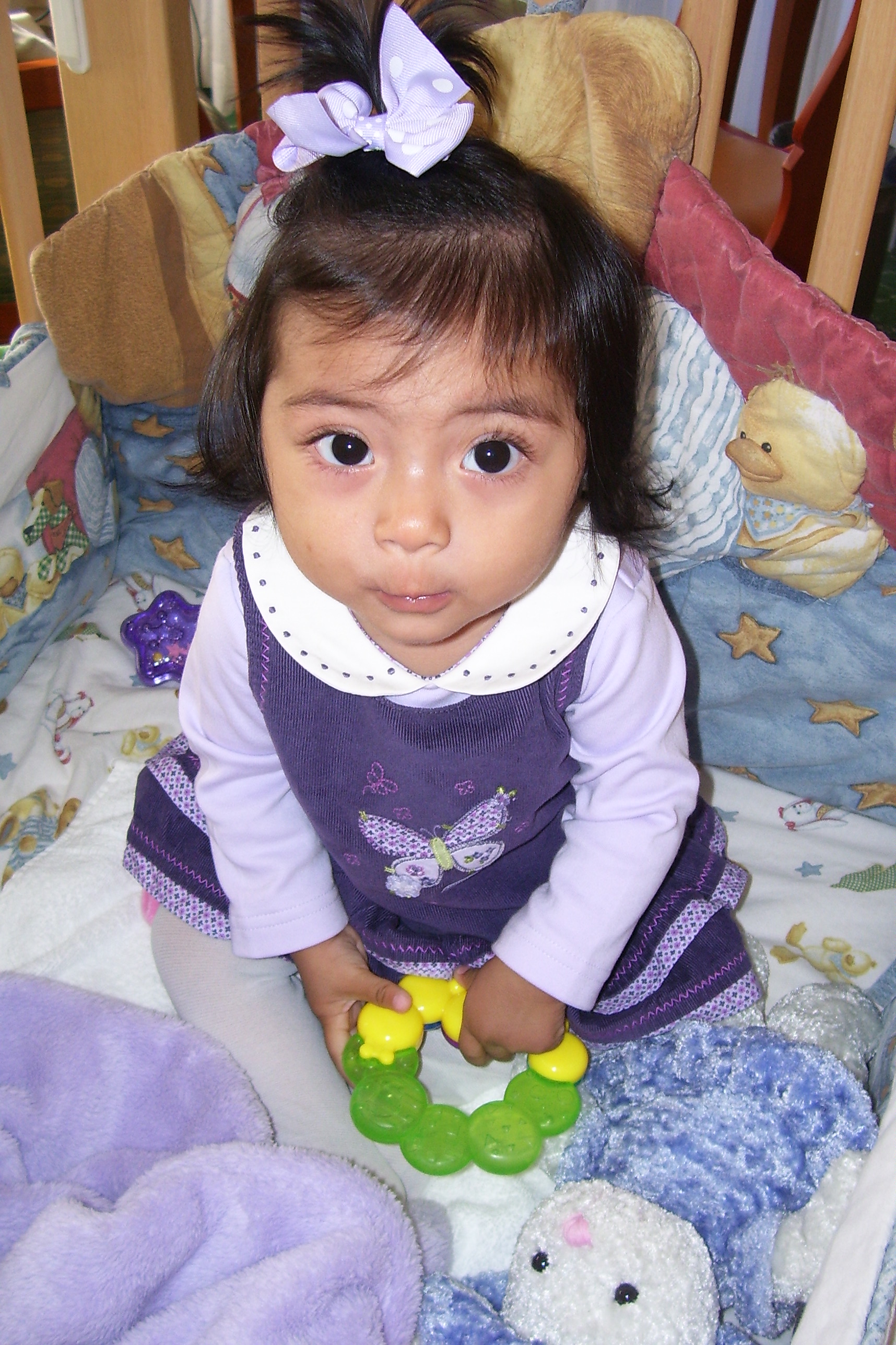21
Mar
March 21, 2011
During my work with MLJ Adoptions, I often use the term “referral” when talking with current and prospective adoptive parents, and I can forget that we all need a reminder about what truly is a “referral”. A referral in the typical sense is a child that has been shown to a prospective adoptive family and the family is then asked to accept the child as their potential adopted child. Upon acceptance of a referral, the legal process of adoption is then undertaken to transfer parental rights and responsibilities to the prospective adoptive parents for this specific child.
 A referral is given differently in each country depending upon the foreign laws. In some countries, like Ukraine, a referral is given to a family upon arrival to the country and meeting with the government entity responsible for adoptions. In some countries, like Honduras, a referral is given by an adoption committee from the government after review of the family’s dossier. Sometimes the referral is controlled and given by a social worker or court staff for the government, like in the Democratic Republic of Congo. Sometimes, like in DRCongo, only a picture is provided; while in other countries, like Bulgaria, medical information is also available.
A referral is given differently in each country depending upon the foreign laws. In some countries, like Ukraine, a referral is given to a family upon arrival to the country and meeting with the government entity responsible for adoptions. In some countries, like Honduras, a referral is given by an adoption committee from the government after review of the family’s dossier. Sometimes the referral is controlled and given by a social worker or court staff for the government, like in the Democratic Republic of Congo. Sometimes, like in DRCongo, only a picture is provided; while in other countries, like Bulgaria, medical information is also available. The referral is not a legal transfer of parental rights to the prospective adoptive parents. I believe that there is a misunderstanding that a prospective adoptive parent has a legal right to information, answers and access to their referred child. Only the foreign government controls the process and access to information of a referred child. Also, there are risks associated with losing your referral during the process. Some reasons the prospective adoptive parents could lose their referral include, but are not limited to, if the child has a medical illness, the child’s biological parents come back into the picture, or the child’s legal documents are not satisfactory to the government entity reviewing the process. There is also the risk that the country could restrict the parents from the adoption for various other reasons, thus losing their referred child.
Upon the issuance of an adoption decree the referral is now legally the adoptive parent’s child according to the foreign country. Although, there are no guarantees, most countries do have similar adoption laws to the U.S. which provide that once an adoption decree is issued by a court, the child is legally the adoptive parent’s child. Then the risk of losing this adoption is greatly decreased, although not entirely eliminated.
Although, at MLJ Adoptions we continually discuss risks associated with international adoption and we do not guarantee anything in the process, we believe in international adoption. We have seen the amazing journey of adoption hundreds of times. MLJ Adoptions strives to provide professional services to make your adoption a success. We know that despite the numerous risks in international adoption, the rewards far outweigh the risks. MLJ Adoptions wants to encourage you to take that leap of faith and start your international adoption.
